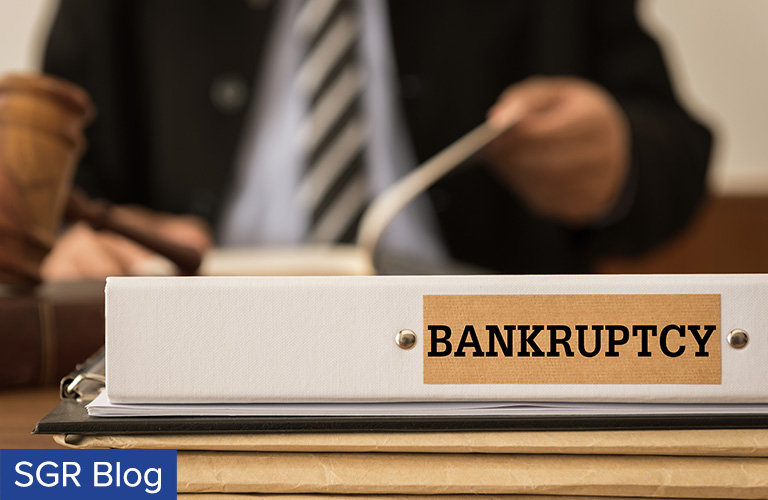
Retail stores and outlets feature trademark branded merchandise produced under license agreements. Millions of dollars in manufacturing costs, marketing expenses and distribution chain development are incurred in getting the branded goods from initial concept to the shelf for retail sale. The current and anticipated wave of fashion industry bankruptcies raises questions about the risk of loss by the licensee on that investment if the brand-owner/licensor files for bankruptcy. What happens when a trademark licensor files for bankruptcy? Does the licensor’s various license agreements continue as if nothing happened? Are the license agreements automatically terminated as part of the bankruptcy process?… Read more






